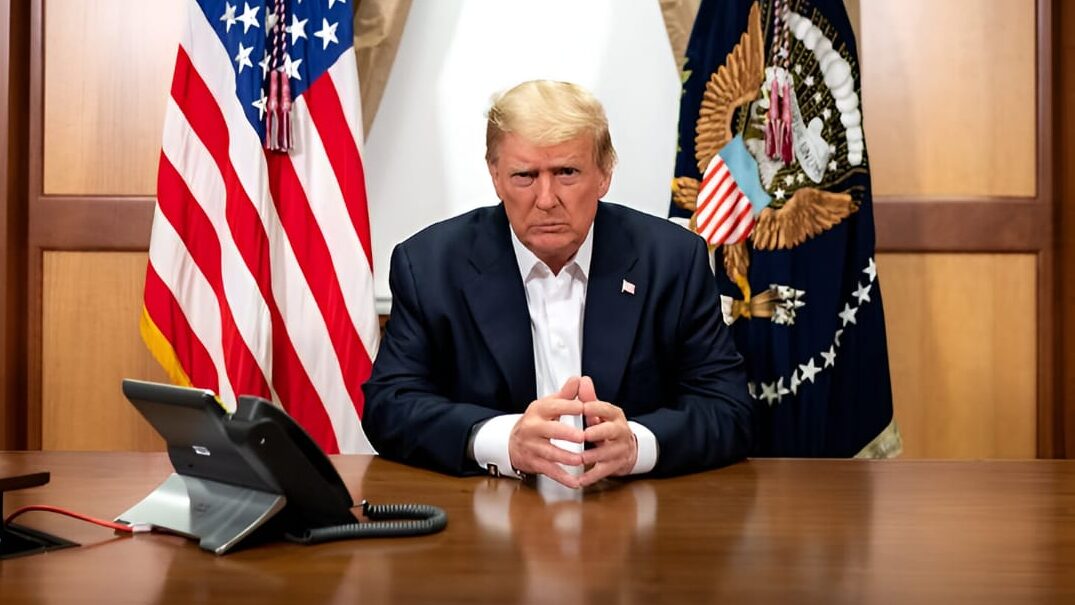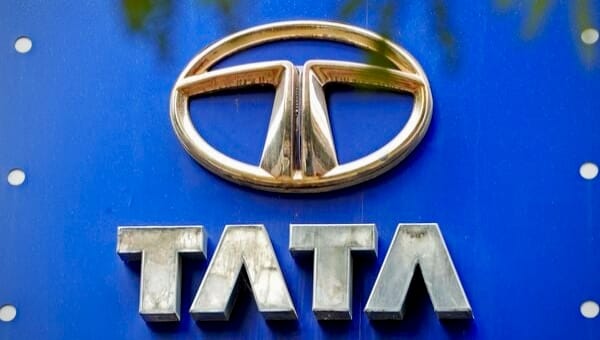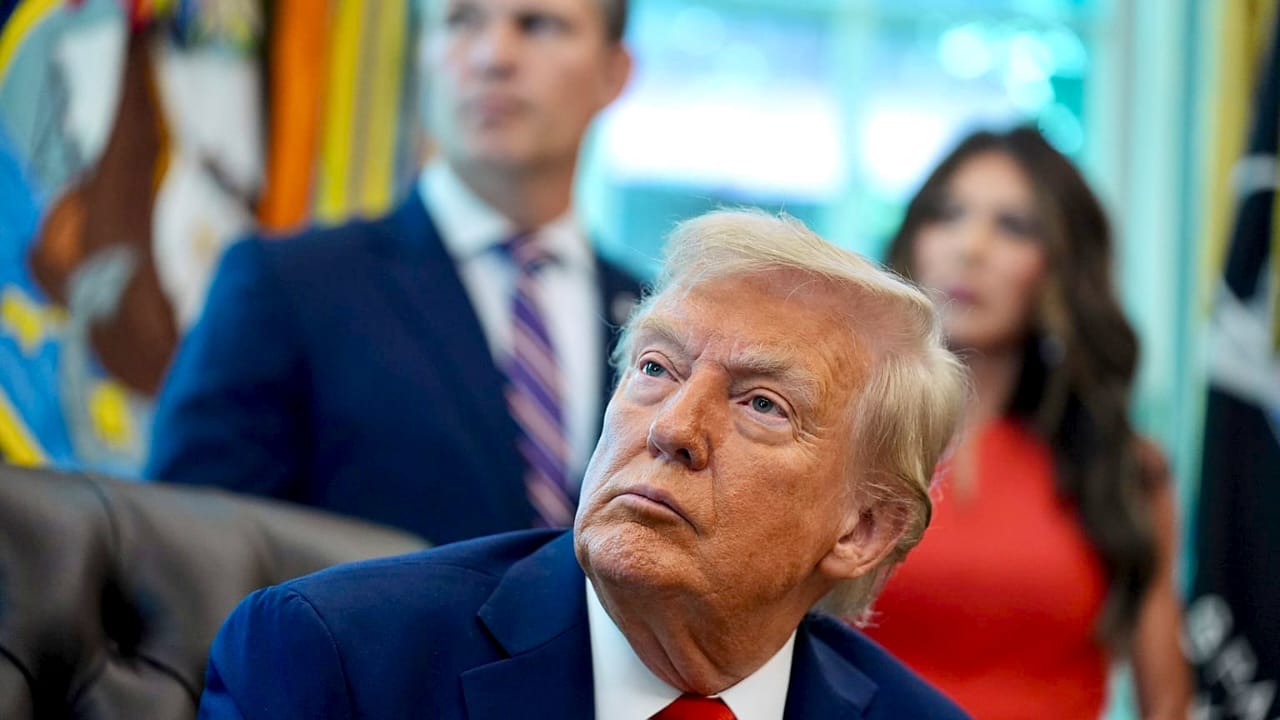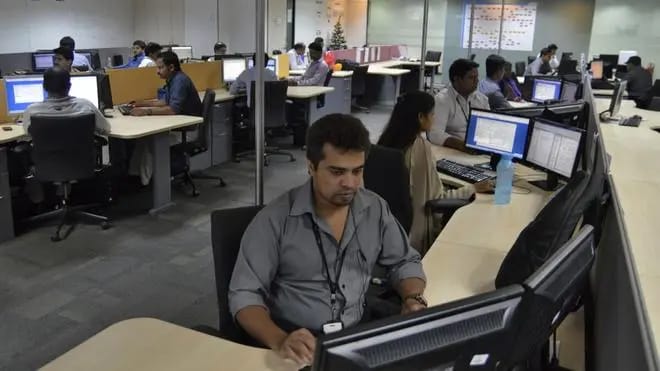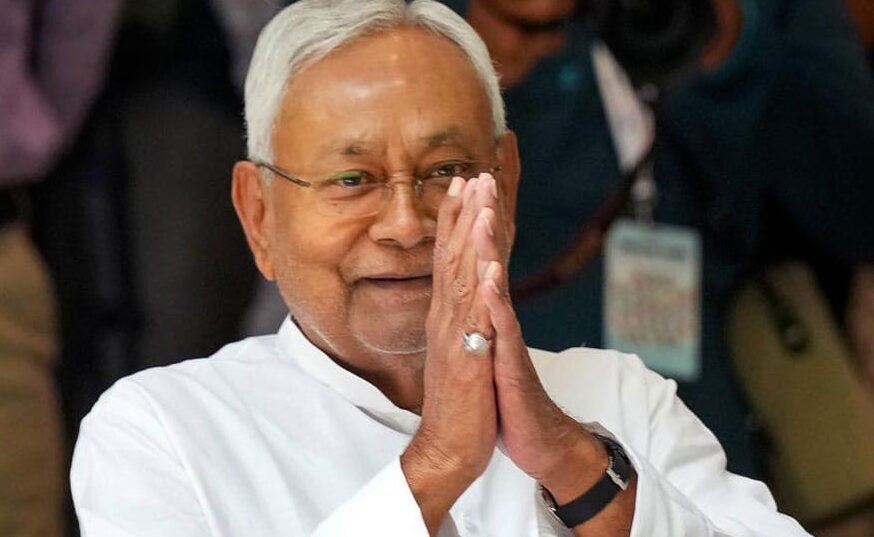
As Bihar, a politically significant state in India, gears up for its pivotal 2025 Assembly Elections, a recurring pattern is already emerging in the preliminary stages of candidate selection: the undeniable dominance of dynasty politics across virtually all major political parties. This entrenched phenomenon, where familial lineage often appears to be a stronger determinant for candidacy than individual merit or grassroots experience, is setting the stage for an electoral contest that once again spotlights the complex interplay between tradition, power, and democratic principles in one of the world’s largest electorates.
The state, known for its vibrant and often tumultuous political history, has long seen influential families establish multi-generational political careers. As parties begin to strategize and compile their prospective candidate lists for the upcoming polls, analysts and observers note a palpable inclination towards fielding relatives of incumbent or former lawmakers, as well as those from historically prominent political clans. This trend, far from being unique to any single party, permeates the political spectrum, from established national players to powerful regional outfits, sparking renewed debate about internal party democracy and the broader health of Indian politics.
The Entrenchment of Familial Succession
The roots of dynastic politics in Bihar are deep, often tracing back to post-independence India when charismatic leaders forged strong personal loyalties and political machines. Over decades, these legacies transformed into inheritances, with children, spouses, and other relatives seamlessly stepping into the political arena. For the 2025 Bihar Elections, this means that many ‘winnable’ seats are already being implicitly, if not explicitly, reserved for individuals bearing familiar surnames.
Political analysts suggest that while parties often publicly champion meritocracy and new talent, the pragmatic realities of electoral battles frequently compel them to lean on established family networks. These networks come with built-in voter bases, financial resources, and an existing organizational structure, which parties find invaluable in high-stakes elections. A report from a Delhi-based think tank, focusing on Indian electoral trends, recently highlighted that states like Bihar consistently show a higher proportion of dynastic candidates compared to the national average, especially in powerful regional parties where the founder’s family often holds undisputed sway.
For instance, across several major political formations in Bihar, the children of veteran politicians, even those with limited prior political experience, are frequently seen as natural successors. This perpetuates a cycle where political access becomes largely restricted to a select few families, creating a significant barrier for aspiring common citizens who lack such familial connections. This dynamic not only shapes the candidate lists but also influences campaign strategies and resource allocation, with familiar faces often enjoying disproportionate media attention and party backing.
Implications for Governance and Democratic Health
The pervasive nature of dynasty politics in the Bihar Elections 2025 raises fundamental questions about its impact on governance, accountability, and the very essence of democratic representation. Critics argue that a system heavily reliant on lineage can stifle internal party democracy, hindering the rise of genuine grassroots leaders and potentially leading to a lack of fresh ideas and innovative policy approaches.
When candidate lists are dominated by familial connections, the primary criterion for selection may shift from public service record or policy acumen to ‘electability’ based on inherited political capital. This can, in turn, compromise legislative performance, as individuals without a deep understanding of public policy or administrative functions might find themselves in positions of power. Expert analysis from political scientists points out that such a system can foster a sense of entitlement among the political elite, potentially detaching them from the everyday struggles of the electorate.
Furthermore, dynastic politics can perpetuate a closed political system, making it incredibly challenging for new entrants to break through. This limits the pool of talent available for public service, hindering merit-based progression within parties and ultimately affecting the quality of governance delivered to the citizens of Bihar. The focus can shift from delivering public good to maintaining familial power, potentially breeding corruption or at least reducing accountability to the broader populace.
The Parties’ Predicament and Public Discourse
Political parties themselves face a dilemma. While often publicly decrying dynasticism, many find it strategically beneficial, or even necessary, to embrace it. The perceived ‘winnability’ of a candidate from a well-known political family, coupled with their often significant financial resources and established voter loyalty, makes them an attractive choice in competitive elections. Parties often rationalize these selections by claiming the candidates are popular choices or have ‘inherent’ political acumen, rather than directly acknowledging the dynastic factor.
Public reaction to dynasty politics in Bihar is complex and often contradictory. While many citizens express frustration with the lack of new faces and the perceived perpetuation of elite power, there is also an element of acceptance, and sometimes even reverence, for established political families. For some voters, a familiar surname offers a sense of continuity and stability, or represents a powerful faction that can deliver local benefits. Others, however, view it as a betrayal of democratic ideals, leading to voter apathy or a search for genuine alternatives.
As the Bihar Elections 2025 draw closer, this debate will undoubtedly intensify. Opposition parties, while often complicit themselves, may attempt to weaponize the issue against their rivals, highlighting the perceived lack of internal democracy. However, the deep-seated nature of this phenomenon suggests that a radical shift in candidate selection processes is unlikely in the immediate future.
The dominance of dynasty politics in Bihar’s candidate lists is a microcosm of a broader challenge facing many democracies, where established political families play a significant, sometimes outsized, role. For India, and specifically for a politically vibrant state like Bihar, it represents a complex interplay of historical legacy, electoral strategy, and the ongoing evolution of democratic institutions. The 2025 Bihar Elections will not merely be a contest of policies and promises, but also a crucial indicator of how voters navigate the tensions between tradition and aspiration, and whether the persistent call for greater meritocracy can truly influence the deeply ingrained practices of political parties in the long run. The discourse around familial succession will undoubtedly remain a defining feature as the state prepares for its next democratic mandate.

